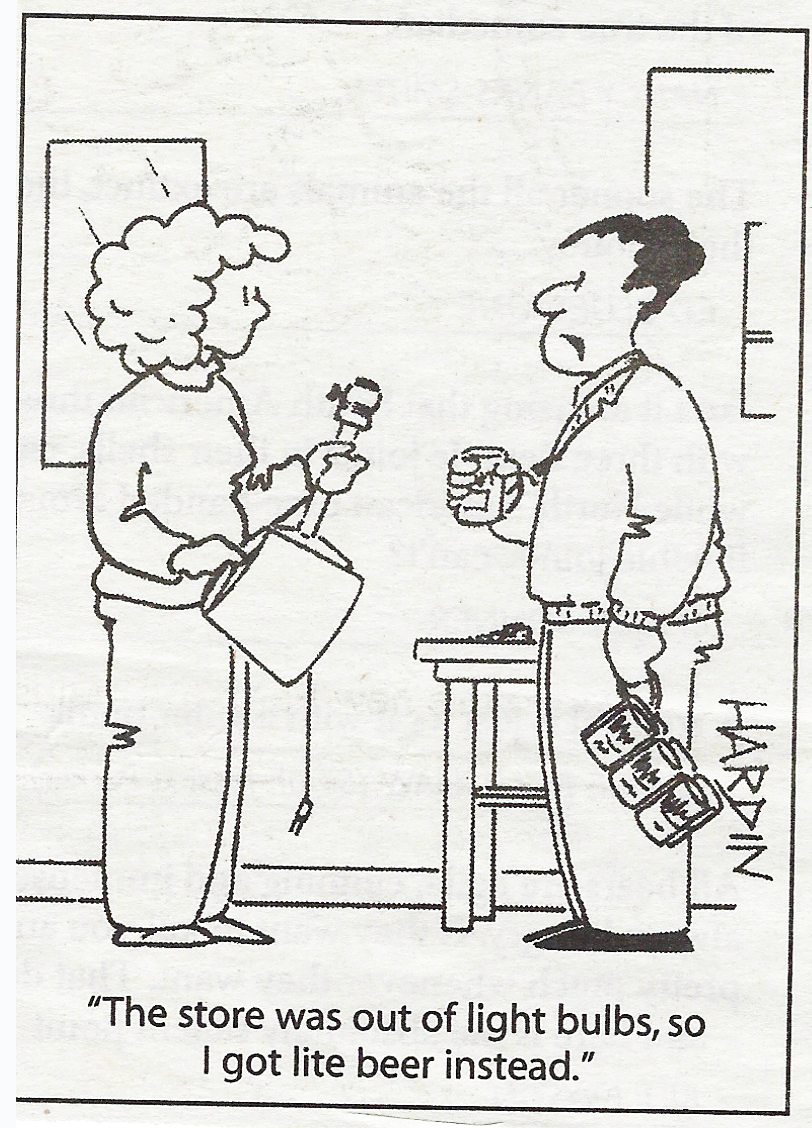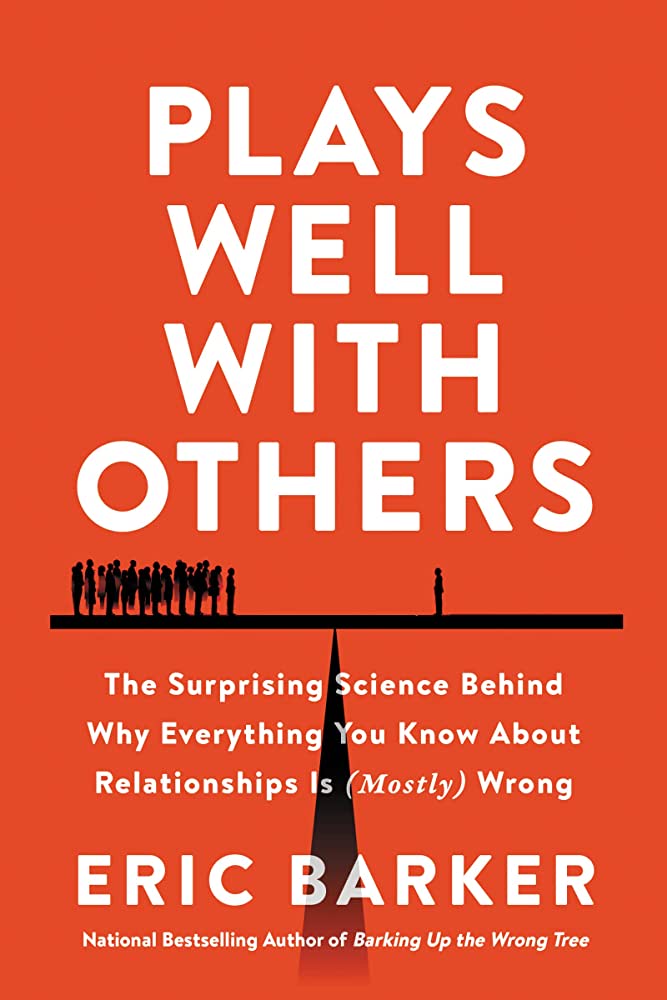LEARN A LITTLE:

Encouraging Others
Today, the importance of lifting up another person, renewing their spirits and acting with kindness seems more important than ever. Depression is on the rise, and loneliness is reaching the level of a pandemic. Anxiety seems to be at an all-time high, and teenage suicides are occurring in disturbing numbers. In addition, political divisiveness is on display everywhere.
On top of that, there is no shortage of “Debbie Downers” or “gloomers and doomers,” those who immerse themselves in the dark side of life. The truth is that very often these people really do make it worse for those who are struggling to hang on, cope or rebound. In this atmosphere, it is no wonder that there are a remarkable number of people who have quit watching the morning or evening news because it’s too negative. Health research, interestingly enough, confirms this as a good decision.
Recently, I had the opportunity to read a research study that has been coordinated for over 80 years at Harvard University’s Study of Adult Development. Its focus is “happiness, well-being and meaning.” The latest findings have been published in a book—The Good Life: Lessons from the World’s Largest Scientific Study of Happiness, a book I will review in a later posting.
One of the findings that resonated with me was the importance of good relationships in both health and happiness. Encouragement, in my opinion, is a direct product of good relationships.
I have met people who have been blessed with the gift of encouragement. It’s amazing how many other people want to be around them. It’s as if they bring extra oxygen into the room. While they are not “cheerleaders,” they cheer you on, and fortify and strengthen you with their kind words. They listen to you; they believe in you. Their words do actually make a difference. For instance, you will likely feel strengthened when you hear comments, such as:
- “You can do it.”
- “You’ve got this.”
- “I know you’ve got what it takes to make it through this.”
- “I think you are (smarter, stronger, more capable, etc.) than you think you are.”
People of faith may add:
- “We are praying for you.”
- “Let us know if we can help in any way.”
- “We are here for you.”
Encouragement can also come in other forms: presence, simply sitting silently with a person who is grieving, giving a person a hug, sending a text, mailing a card, going for a walk with them. You can also offer support by lending someone your car, bringing over a meal or running errands for them.
Encouragement, in my opinion, is truly a direct product of good relationships. I am very grateful to the many encouragers who have touched my life across so many dimensions: illness, death of a loved one, confronting very difficult leadership and management problems, or achievement disappointments, to name just a few.
We can actually encourage others, even strangers, with a friendly smile. I remember a thought shared with me many years ago from a person I was visiting in a nursing home. He said, “Art, if you find someone without a smile, you can always give them one of yours.”
LAUGH A LITTLE:

REFLECT A LITTLE:

Proverbs 14:8
The wisdom of the sensible is to understand his way,but the foolishness of fools is deceit.
READ A LITTLE:

Plays Well with Others
Eric Barker (Harper Collins, 2022)
Eric Barker broke into the ranks of best-selling authors with his 2017 book, Barking Up the Wrong Tree, a work that tackles success from a scientific perspective. His latest book, Plays Well with Others, was published in 2022 by Harper Collins. It is essentially about the importance of relationships, of being connected, a subject that has been receiving much more attention in the popular management literature as a result of the work going on in positive psychology.
Barker takes the novel approach of setting forth four maxims as a vehicle for discussing his premise that “relationships with others make or break our lives.” The maxims are:
- Can you “judge a book by its cover?”
- Is “a friend in need a friend indeed?”
- Does “love conquer all?”
- Is “no man an island?”
Each of these maxims is considered from a variety of perspectives followed by summarized thoughts and a conclusion. This review, however, is not organized on that basis. I will leave that to you should you decide to read the book. I hope you do. It’s entertaining, insightful and truly relevant given the nature of the world in these trying times.
What’s shared below are some observations and research findings that I thought were noteworthy.
- ”Most people tend to exaggerate the extent to which others think, believe, and feel as they do.” – the mistake of egocentric anchoring.
- ”Everybody says that first impressions are important. They are correct.“ We should work hard to make a good first impression. Unfortunately, once we have a first impression of another person in our mind, it is very difficult to change it.
- ”When it comes to friends, numbers add up.” Recent studies reveal that 60% of people consider themselves “very happy” if they have at least five friends with whom they can “talk about their trouble” Note: An average adult American has a close relationship with four people. Of those, two are considered friends.
- “Frenemies are often worse than enemies.” These are the people you are ambivalent about. They increase your anxiety and raise your blood pressure even more than your enemies, probably because they are unpredictable. As a result, you are always on edge. So no surprise here, the more “frenemies you have, the greater the risk of depression and heart disease.”
- “Marriage doesn’t make you healthy and happy—a good marriage makes you healthy and happy. And a bad marriage can be bad, indeed.” Note: “A bad marriage makes you 30% more likely to fall ill and lops four years off of your life.”
- The Four Horsemen – Mistakes Made in Marriages:
These four factors predict divorce 83.3% of the time.
- Criticism – “You always” attack your spouse personally.
- Stonewalling – You shut down or tune out – done mostly by men.
- Defensiveness – “No, the problem isn’t me, it’s you.”
- Contempt – This involves “doing anything that implies your partner is inferior to you.” This factor according to Gottman’s research is “the best predictor of divorce.”
- “Within a marriage, a single word is important – ‘we.’ The use of ‘we’ words predict happy relationships.”
- Loneliness leads to depression far more than depression leads to loneliness. Lonely people actually spend as much time with others as non-lonely people. Loneliness isn’t about being alone, it’s about not having a feeling of meaningful connection“ (Cacioppo study)
If you appreciate insights such as the above, you might enjoy Eric Barker’s blog, “Barking Up the Wrong Tree.”
Until next time,
Art Dykstra
Purchase this and other recommended books at your local bookstore or through the HighTidePress.org bookstore.
All High Tide Press sales benefit persons with disabilities.
Cherry Hill Consulting Group and High Tide Press
are Visions of Trinity Foundation - 101 Hempstead Place, Joliet, IL 60433


